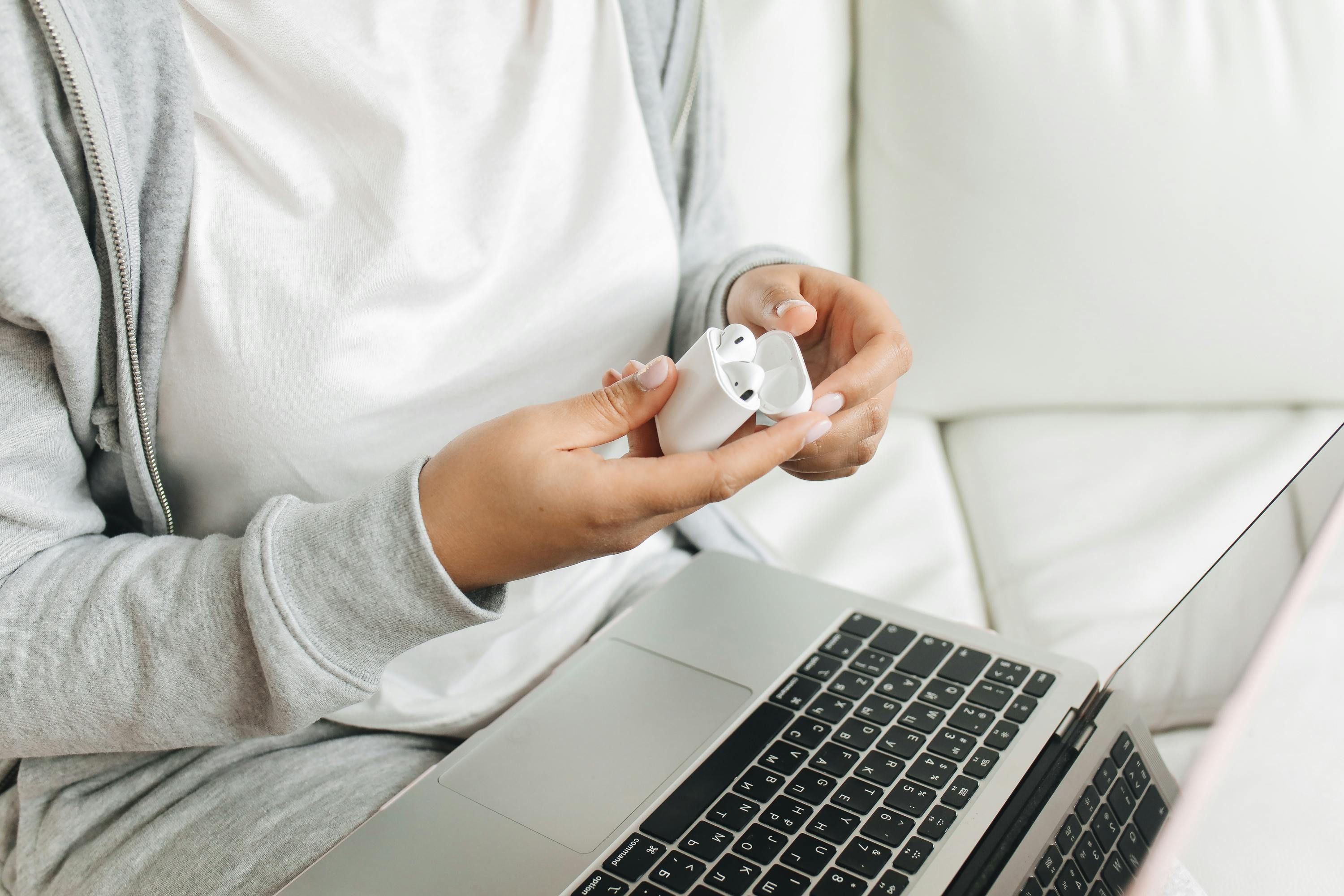Addressing the electronic waste dilemma: Dissolvable casing for devices in liquid
Readyto dive into the fascinating world of Aquafade, a game-changer in electronics recycling? This innovative water-soluble plastic, developed by Pentaform, might just be the solution to our ever-growing e-waste problem.
In 2022, a staggering 62 million tons of e-waste were generated, enough to fill 1.5 million trucks circling the equator. Most of it ended up in landfills or incineration, posing a threat to our environment and human health, as e-waste contains harmful substances like mercury and lead. Not only that, but we're losing a whopping $62 billion-worth of recoverable resources, like rare earth elements, essential for modern technology.
With e-waste on the rise five times faster than recycling rates, we desperately need new solutions. Enter Aquafade - a revolutionary plastic that dissolves fully in water, almost as if by magic. This could be the key to easing the e-waste crisis, as it could be used to encapsulate electronics, making them effortless to recycle or dismantle.
So, how did the brilliant minds at Pentaform come up with this eco-friendly marvel? Inspiration struck while doing the dishes, believe it or not! One night, inventor Samuel Wangsaputra, found himself gazing at a dishwasher pod and pondering its water-soluble, transparent film. Fast forward to today, and he's partnered with a team of material scientists from Imperial College London, working together to bring Aquafade to life.
The secret ingredient? Polyvinyl alcohol (PVOH), a biodegradable glue-like substance. When used as an outer shell, Aquafade remains water-resistant up to five meters for 30 minutes. But once a screw is loosened, it's game over for the plastic casing. Upon submergence in water, Aquafade dissolves in about six hours, leaving behind only the precious electronic components for recycling.

The first commercial application for Aquafade is likely to be LED wristbands used at concerts. After one use, thousands of these gadgets are usually discarded. Aquafade presents an opportunity for a more sustainable and cost-effective solution. But this isn't the end of their vision. The team is also considering applications beyond electronics, such as luggage, car interiors, watches, sunglasses, and even furniture!
Yet, Aquafade is still in its infancy. While it's double the cost of regular ABS plastic, as production scales up, the price is expected to drop. There are also concerns about long-term biodegradability and the impacts on aquatic ecosystems. Nonetheless, the future is looking bright for Aquafade, and it just might be the eco-friendly solution we've been waiting for.
Times are changing, and it's high time for electronics to follow suit. "Think different," said Steve Jobs. Soon, we might just be thinking sustainably too, all thanks to Aquafade!
- In the world of electronics, Pentaform's development of Aquafade, a water-soluble plastic, could add a new dimension to recycling efforts, potentially addressing the ever-growing issue of e-waste.
- The team behind Aquafade, including material scientists from Imperial College London, have found a unique solution to streamline the process of recycling electronics by using Polyvinyl alcohol (PVOH) to create a pentform that dissolves within six hours in water.
- With its potential applications beyond electronics, such as in luggage, car interiors, watches, sunglasses, and furniture, Aquafade could contribute significantly to promoting recycling and sustainability on a broader scale.









